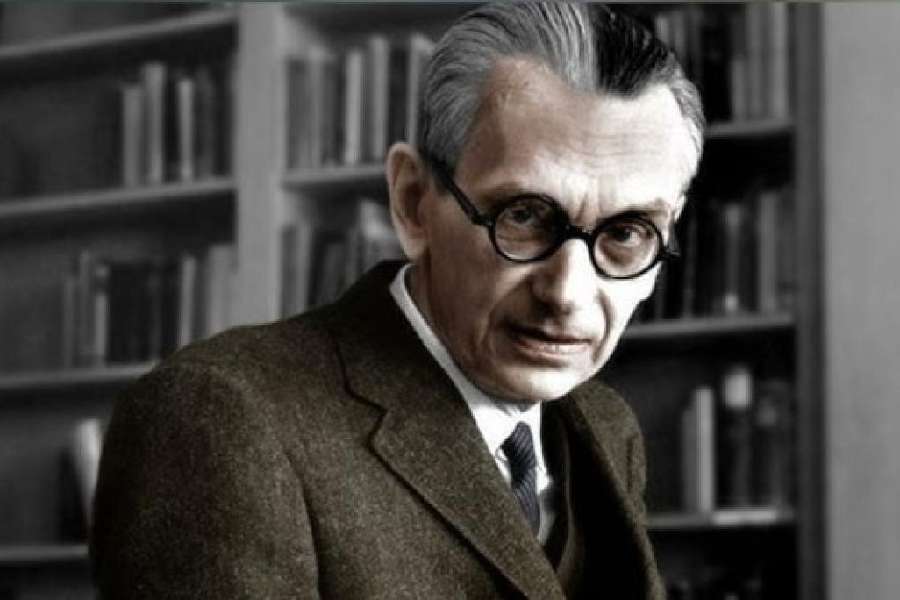Kurt Gödel’s ‘loophole’, as well as his broader ideas about formal systems, contradictions, and undecidability, can be a metaphor for modern polities, especially those featuring democratic institutions, that can potentially encounter self-destructive or authoritarian tendencies.
Gödel’s insight that no system can prove its internal consistency may also be extended to include political systems. Where internal contradictions or flaws aren’t immediately visible, such inconsistencies might remain hidden until some crisis presents itself. Gödel’s approach to ‘loops’ or recursive issues within a system suggests that political systems, while constructed to prevent authoritarian control, may, under certain conditions, harbour the seeds of self-destruction or permit the rise of an authoritarian figure who seeks to exploit those contradictions.
A fascinating anecdote about Gödel presents a concrete example of his awareness of the fragility of systems in the realm of governance. In 1947, Gödel famously pointed out a ‘loophole’ in the Constitution of the United States of America during his naturalisation interview for American citizenship. He argued that specific interpretations of the Constitution may allow for a dictator to rise to power legally. Well-versed in the limitations of formal systems in the context of his work in mathematical logic, Gödel saw an inherent vulnerability in the US Constitution. Although Gödel’s warning about the rise of a potential ‘dictator’ was perhaps more a philosophical observation than a prediction, it underscores how, even within a seemingly robust system, cracks or vulnerabilities may remain unnoticed until someone attempts to exploit them.
For example, when one applies Gödel’s analysis to a contemporary political context, a loophole could refer to legal ambiguities, the exploitation of executive powers, or the manipulation of legal frameworks to enable authoritarian rule. Consider how, in times of a national emergency or a crisis, the powers granted to a leader or a government could expand in ways that bypass the traditional checks and balances. Such loopholes could be exploited by a figure who uses the system’s structures to shift power in his favour even if it contradict the system’s original democratic design.
Gödel’s ideas about the human mind being capable of recognising truths beyond mechanical systems can be juxtaposed with the role of human judgment in political systems. In theory, a healthy democracy requires its people and leaders to recognise and correct flaws when the system is failing. However, as we see in modern politics, leaders who operate within a system often act to manipulate inherent ambiguities to their advantage. In this sense, a democracy can become vulnerable to individuals or groups which exploit legal or procedural ambiguities to centralise authority.
Gödel’s hypothesis on undecidability — wherein the answer to a critical question is not definable within the existing system — parallels some of the fundamental issues integral to modern politics. Topics such as electoral reform, the limits on executive power, or the balance between the Central and federal authorities can become ‘undecidable’ because the rules do not provide a definitive path forward, rendering the system vulnerable to manipulation.
Just as Gödel found self-referential loops in his mathematical systems, political systems can also become trapped in self-referential cycles, especially when political rhetoric, judicial interpretations, or executive actions contradict or reinforce one another in ways that serve no productive outcome. The balance of power between the different branches of government can become distorted by interpretative contradictions and the system could spiral toward authoritarianism.
Gödel’s ‘loophole theory’ thus serves as a cautionary tale for modern politics, reminding us of the need for vigilance to safeguard democracies.










